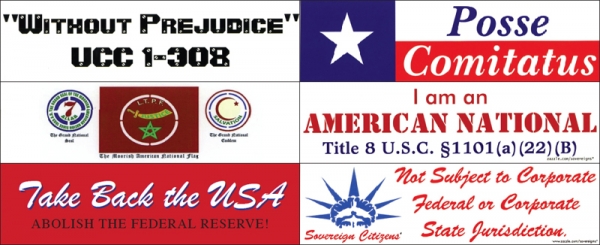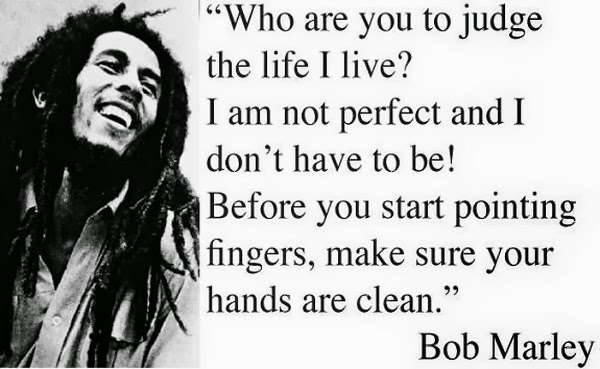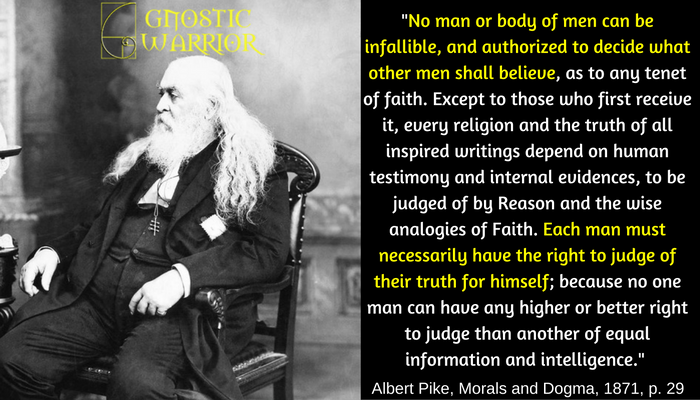p. 133
calumny has never been breathed upon their fair name. How easy it is for them to look down with scorn upon the poor degraded offender; to pass him by with a lofty step; to draw up the folds of their garment around them, that they may not be soiled by his touch! Yet the Great Master of Virtue did not so; but descended to familiar intercourse with publicans and sinners, with the Samaritan woman, with the outcasts and the Pariahs of the Hebrew world.
Many men think themselves better, in proportion as they can detect sin in others! When they go over the catalogue of their neighbor’s unhappy derelictions of temper or conduct, they often, amidst much apparent concern, feel a secret exultation, that destroys all their own pretensions to wisdom and moderation, and even to virtue. Many even take actual pleasure in the sins of others; and this is the case with every one whose thoughts are often employed in agreeable comparisons of his own virtues with his neighbors’ faults.
The power of gentleness is too little seen in the world; the subduing influences of pity, the might of love, the control of mildness over passion, the commanding majesty of that perfect character which mingles grave displeasure with grief and pity for the offender. So it is that a Mason should treat his brethren who go astray. Not with bitterness; nor yet with good-natured easiness, nor with worldly indifference, nor with the philosophic coldness, nor with a laxity of conscience, that accounts everything well, that passes under the seal of public opinion; but with charity, with pitying loving-kindness.
The human heart will not bow willingly to what is infirm and wrong in human nature. If it yields to us, it must yield to what is divine in us. The wickedness of my neighbor cannot submit to my wickedness; his sensuality, for instance, to my anger against his vices. My faults are not the instruments that are to arrest his faults. And therefore impatient reformers, and denouncing preachers, and hasty reprovers, and angry parents, and irritable relatives generally fail, in their several departments, to reclaim the erring.
A moral offence is sickness, pain, loss, dishonor, in the immortal part of man. It is guilt, and misery added to guilt. It is itself calamity; and brings upon itself, in addition, the calamity of God’s disapproval, the abhorrence of all virtuous men, and the soul’s own
p. 134
abhorrence. Deal faithfully, but patiently and tenderly, with this evil! It is no matter for petty provocation, nor for personal strife, nor for selfish irritation.
Speak kindly to your erring brother! God pities him: Christ has died for him: Providence waits for him: Heaven’s mercy yearns toward him; and Heaven’s spirits are ready to welcome him back with joy. Let your voice be in unison with all those powers that God is using for his recovery!
If one defrauds you, and exults at it, he is the most to be pitied of human beings. He has done himself a far deeper injury than he has done you. It is he, and not you, whom God regards with mingled displeasure and compassion; and His judgment should be your law. Among all the benedictions of the Holy Mount there is not one for this man; but for the merciful, the peace-makers, and the persecuted they are poured out freely.
We are all men of like passions, propensities, and exposures. There are elements in us all, which might have been perverted, through the successive processes of moral deterioration, to the worst of crimes. The wretch whom the execration of the thronging crowd pursues to the scaffold, is not worse than any one of that multitude might have become under similar circumstances. He is to be condemned indeed, but also deeply to be pitied.
It does not become the frail and sinful to be vindictive toward even the worst criminals. We owe much to the good Providence of God, ordaining for us a lot more favorable to virtue. We all had that within us, that might have been pushed to the same excess: Perhaps we should have fallen as he did, with less temptation. Perhaps we have done acts, that, in proportion to the temptation or provocation, were less excusable than his great crime. Silent pity and sorrow for the victim should mingle with our detestation of the guilt. Even the pirate who murders in cold blood on the high seas, is such a man as you or I might have been. Orphanage in childhood, or base and dissolute and abandoned parents; an unfriended youth; evil companions; ignorance and want of moral cultivation; the temptations of sinful pleasure or grinding poverty; familiarity with vice; a scorned and blighted name; seared and crushed affections; desperate fortunes; these are steps that might have led any one among us to unfurl upon the high seas the bloody flag of universal defiance; to wage war with our kind; to live the life and die the death of the reckless and remorseless freebooter.

Moe is the founder of GnosticWarrior.com. He is a father, husband, author, martial arts black belt, and an expert in Gnosticism, the occult, and esotericism.





![How the South Saxons received Eadbert and Eolla, and the West Saxons, Daniel and Aldhelm, for their bishops; and of the writings of the same Aldhelm [705 A.D.] | Book 5 | Chapter 17 How the South Saxons received Eadbert and Eolla, and the West Saxons, Daniel and Aldhelm, for their bishops; and of the writings of the same Aldhelm [705 A.D.] | Book 5 | Chapter 17](https://www.gnosticwarrior.com/wp-content/plugins/contextual-related-posts/default.png)